Brooklyn College has officially announced plans to end the Urban Policy & Administration (UPA) program at the Graduate Center for Workers Education (GCWE). For over thirty years the UPA at GCWE has provided higher educational opportunities for the working people of New York City enabling them to advance their careers and the working class as a whole. As a graduate of the Brooklyn College UPA program at the GCWE, I witnessed the beginning of the dismantling of the program in the 2012 spring semester. That semester the administration at Brooklyn College abruptly dismissed essential faculty and staff, and left students struggling without many of the services guaranteed them by the college, and which they paid for. Students and remaining staff were shell-shocked; and nobody knew exactly what was going on. I reached out to the Dean of the School of Humanities and Social Sciences that semester with my questions and concerns, and was assured by the Dean that “…we are NOT dismantling the Center. On the contrary, we are preserving the integrity of the Center by returning it to its mission, which includes making the Center accessible to students.” Unfortunately, this turned out to be untrue. Brooklyn College plans to remove the UPA away from the GCWE downtown Manhattan location, where the majority of students work, to the main campus in Brooklyn located at the very last stop of the 2 and 5 trains, and no longer offering all courses at night; thus making access to higher education for working people much more difficult. They did this not for reasons surrounding the lease of the space, or any other difficult choices made in the face of austerity. According to a recent press release they plan to keep the space and utilize it for other, as of yet undecided, programs having nothing to do with worker issues.

In response to Brooklyn College’s refusal to maintain such a necessary and vibrant program a group organized the Committee of Concerned Students, Alumni, Faculty & Staff (COC) to create a petition to save the program from destruction. Recently the interim director of the program, Corey Robin, has spoken out against the petition. Robin puts forth the reasons for the dismantling GCWE by citing vague allegations of misconduct by the previous director and compromised academic standards. He goes as far as accusing members of COC, of which I am a member, of merely being a self-serving tool of the former director and other dismissed faculty and staff.
While I stand by the former director, I think it is important to make a distinction in the battle the COC is undertaking. The issue of malfeasance on the part of the former director and compromised academic standards – allegations made despite any evidence of wrongdoing and two years of investigation with no charges substantiated, neither academic or legal – is to conflate the issue presented. The main concern of the COC is for the ongoing access to higher education for the working people of New York in a program designed to increase civic engagement around working class issues on a governmental and public policy level. That is why this program was created at the GCWE thirty years ago and that is why it should remain there. If any “improvements” should be made, well then make them, and leave the program at the GCWE.
The powers that be at Brooklyn College don’t deny that worker education is important; and the interim director, Robin, who publicly boasts his role as architect of the program’s demise, in Orwellian doublespeak says he is “dedicated to working class issues,” yet spearheads the closure of an important access point to education for those working people he supposedly supports.
The Brooklyn College UPA program at the GCWE is an essential need for the working people of NYC. Alumni have gone on to many prominent careers as union leaders, elected officials in our city and state government, heads of government offices, law, academia, public health, and non-profits. Access to educational opportunities is a key component to ameliorating the lives of workers. As the neoliberal narrative of meritocracy seems more and more a falsehood each day, working people struggle to make ends meet; and the working class in NYC need a program like the UPA at GCWE in order to take classes at night in a convenient location, thus enabling them to give back to their communities in meaningful ways. I put myself in that category, and without this program at the GCWE I would not have the degree Brooklyn College administrators now so easily dismiss.
Ironically, the GCWE recently hosted the 2013 LAWCHA Conference, while most attendees had no idea this celebrated space for worker education would soon be taken away from the workers it has served for so long.
In Solidarity,
John Alter
Chair, Committee of Concerned Students, Alumni, Faculty & Staff

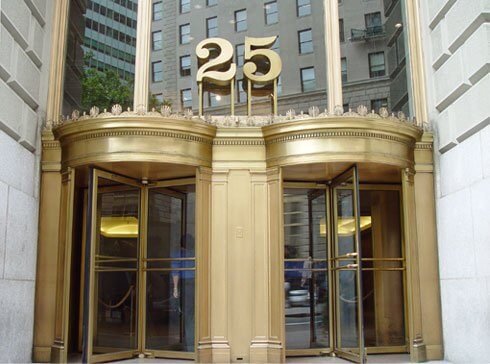
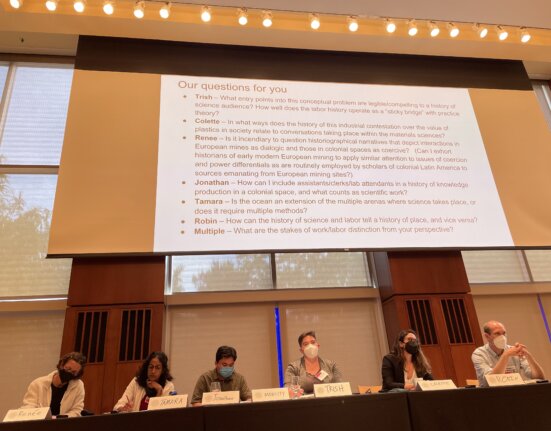
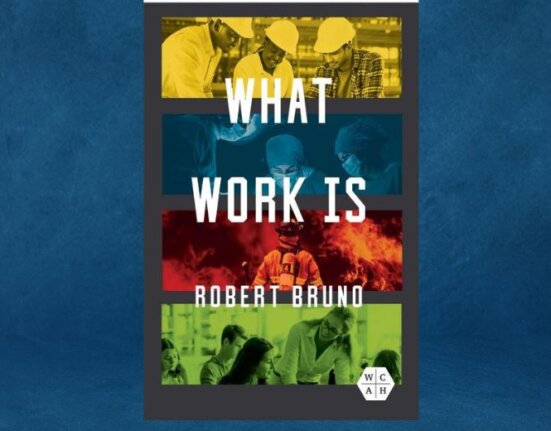
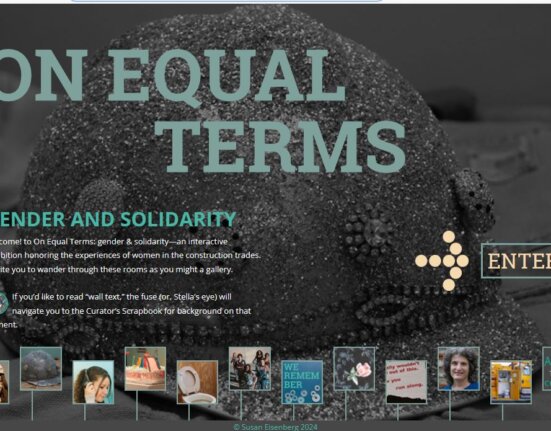
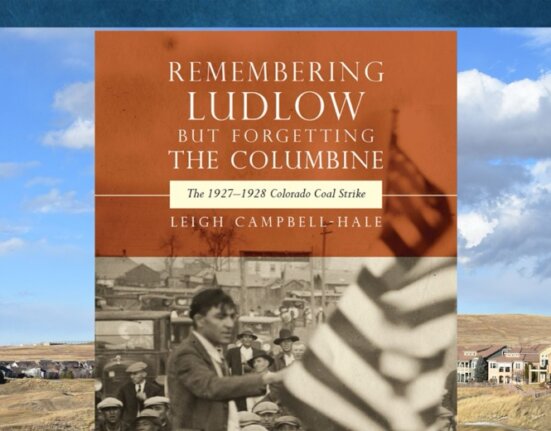
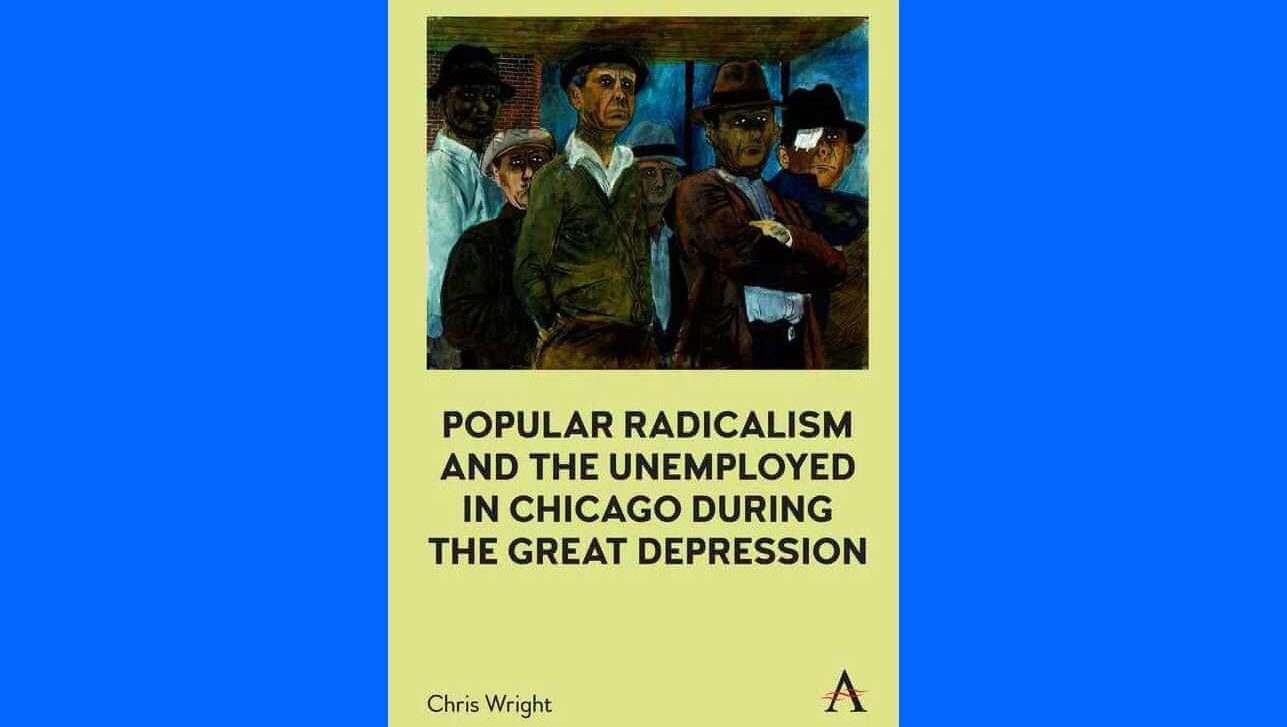
14 Comments
Comments are closed.